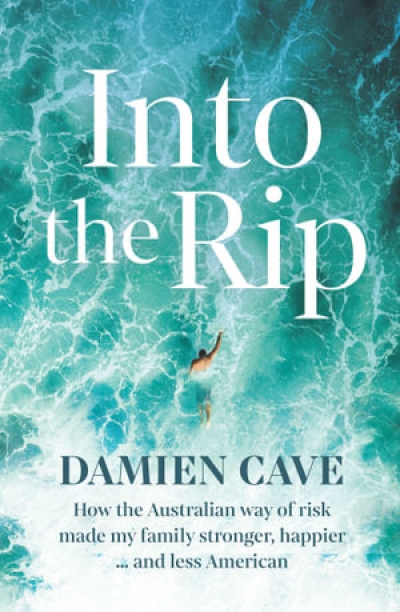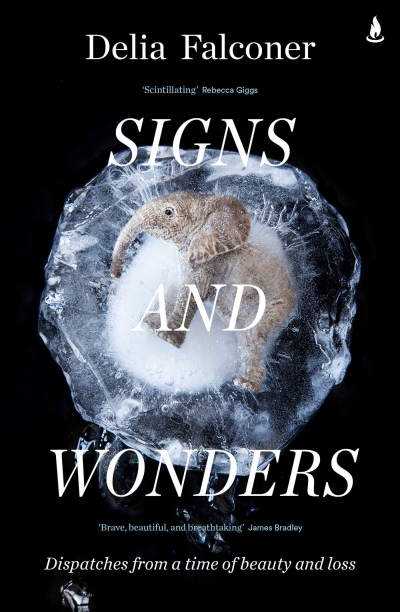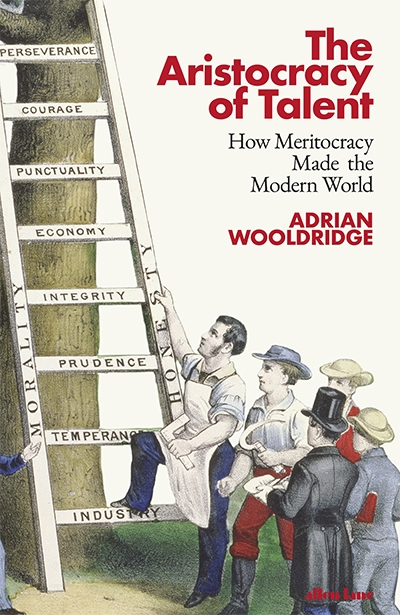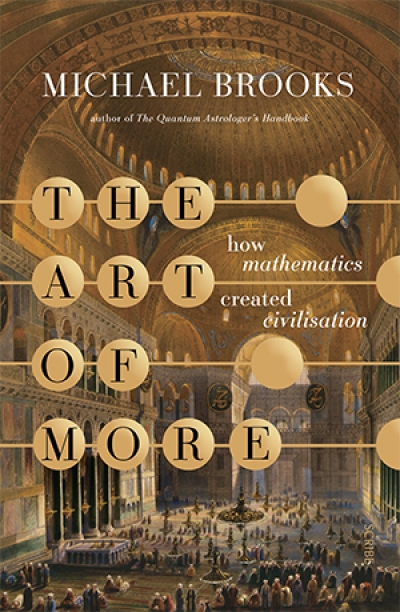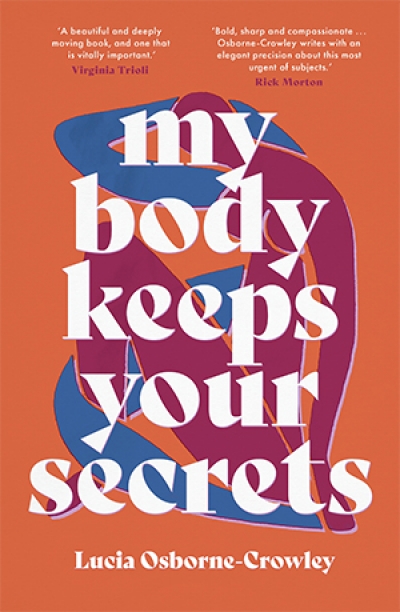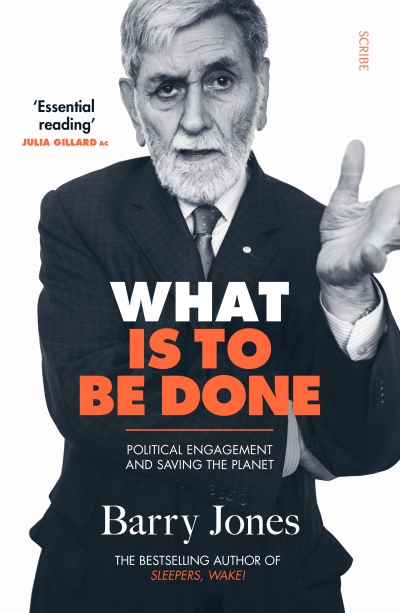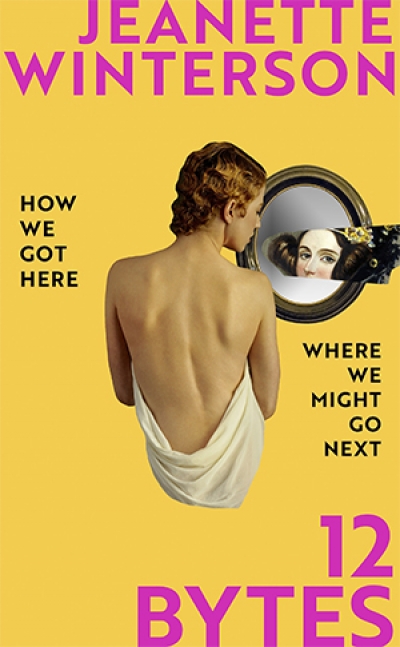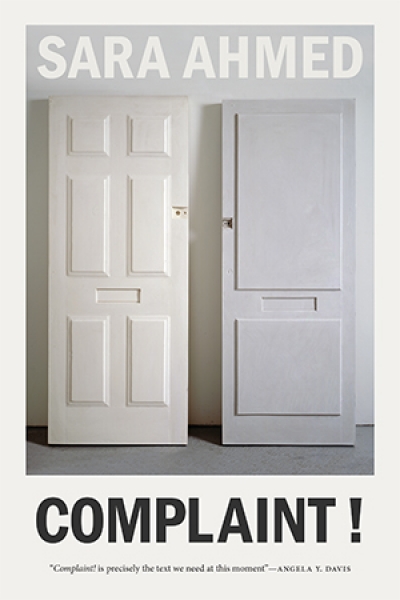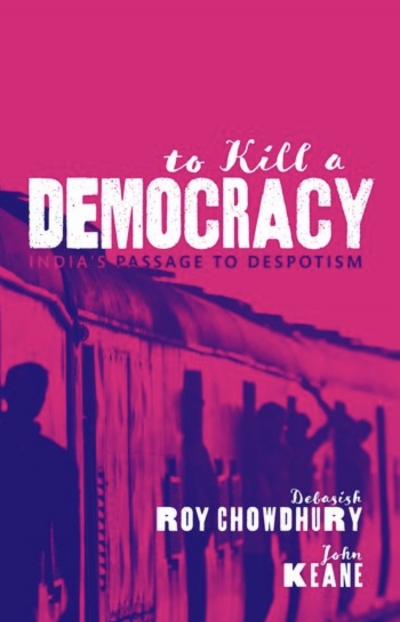Society
After Lockdown: A metamorphosis by Bruno Latour, translated by Julie Rose
Bruno Latour’s new book, After Lockdown: A metamorphosis, is so engaging from the first that one feels obliged to begin just where he does: with an arresting portrait of a man who wakes from a long sleep to find that everything, save the moon and its indifferent rotations, makes him uneasy. Everywhere he sees reminders of the lost innocence of the Anthropocene. The sun brings to mind global warming; the trees, deforestation; the rain, drought. Nothing in the landscape offers solace. Pollution has left its mark everywhere, and he feels vaguely responsible for it all. And now, to top it off, the very breath that sustains his life carries the risk of premature death. How many of his neighbours might he infect (or be infected by) amid the vapour trails of his evening walk? Nature, it seems, is having its revenge, and the ‘in-out-in’ of lockdown threatens to become interminable.
... (read more)Into the Rip: How the Australian way of risk made my family stronger, happier … and less American by Damien Cave
In 2016, New York Times correspondent Damien Cave moved his young family to Sydney to establish a foreign bureau for the newspaper. As he writes in his new book, Into the Rip, the experience has been transformational, teaching him among other things that ‘None of us is trapped within the nation we come from or the values we picked up along the way’. Despite political and economic alliances, Australia and the United States are not clones of each other, and in many ways Australia proves ‘the healthier model’ for a society. Cave learned these life lessons, he reports, through ‘the combination of fear, nature and community spirit’.
... (read more)Signs and Wonders: Dispatches from a time of beauty and loss by Delia Falconer
Reading Richard Flanagan’s searing allegory The Living Sea of Waking Dreams (2020) and Delia Falconer’s new non-fiction book, Signs and Wonders: Dispatches from a time of beauty and loss, in rapid succession was a surreal, slightly unmooring experience. Both authors lucidly capture the dreamlike state of disbelief and horrified fury with which we’ve watched the world slide terribly into the 2020s. Both are part of an outpouring of new language, new stories, new ways of expressing our reactions to the barely imaginable scale of realities we can no longer ignore: fire columns that remind NASA of dragons; a pandemic that conjures news scenes we had thought the province of cinema. As our poor human cognition struggles to catch up, scientists become poets, novelists become scientists.
... (read more)The Aristocracy of Talent: How meritocracy made the modern world by Adrian Wooldridge
In The Aristocracy of Talent, Adrian Wooldridge cites the Chinese civil service exams as a forerunner of the modern world. Early European visitors observed the examination halls scattered across China, with throngs of men young and old cramming as each three-year cycle of exams approached, the glittering careers in government awaiting the lucky few, the consolation prizes as a local scribe or teacher awaiting the many who failed. Children would start studying at the age of six for the chance to pass a local exam and go to the provincial centre for the national papers. Estimates suggest that two and a half million Chinese men sat each round of exams, in carefully invigilated centres across the empire. For the successful, further exams determined promotion through the ranks to the very highest offices.
... (read more)The Art of More: How mathematics created civilisation by Michael Brooks
Were you one of those reluctant mathematics students who complained, ‘What’s the point of all this?’ If so, rest assured: Michael Brooks has made a compelling case for the role mathematics has played in making ‘civilisation’ possible. If you still need convincing, he also discusses research suggesting that doing maths is good for your brain.
... (read more)My Body Keeps Your Secrets by Lucia Osborne-Crowley
The proliferation of trauma writing in the past few years is a double-edged sword. While giving public voice to subjects once relegated to the dark lessens stigma and creates agency, there is almost an expectation for women writers to reveal or perform their trauma, as well as a risk of exploitation and retraumatisation.
... (read more)What Is to Be Done: Political engagement and saving the planet by Barry Jones
Barry Jones is a proud member of the Awkward Squad, one who follows his own convictions rather than the exigencies of day-to-day government. He confesses that in Parliament, ‘I was always aiming for objectives that were seen as beyond the reach of conventional politics’. The memo about ‘the art of the possible’ clearly never reached Jones’s desk. His time as a minister between 1983 and 1990 was a strain for both him and the then prime minister, Bob Hawke. Jones recounts with some glee that Hawke once referred to him as ‘Barry Fucking Jones’.
... (read more)12 Bytes: How artificial intelligence will change the way we live and love by Jeanette Winterson
In her novel Frankissstein (2019) – a reimagining of Mary Shelley’s Frankenstein (1818) that embraces robotics, artificial intelligence (AI), and transhumanism – Jeanette Winterson writes, ‘The monster once made cannot be unmade. What will happen to the world has begun.’ This observation might have served as an epigraph for her new book, 12 Bytes. Comprising twelve essays that ruminate on the future of AI and ‘Big Tech’, 12 Bytes contends that looming technological advances will demand not only resistance to the prejudices and inequalities endemic in our current social order, but also a reconsideration of what it means to be human: ‘In the next decade … the internet of things will start the forced evolution and gradual dissolution of Homo sapiens as we know it.’
... (read more)In 2016, feminist and queer theorist Sara Ahmed resigned from her post as professor at the Centre for Feminist Research at Goldsmiths, University of London, in protest against the failure to address sexual harassment at her institution. Given that she was at the peak of her career and working in a centre she had helped to create, hers was a bold and surprising move, but also entirely consistent with her feminist politics. In one way or another, Ahmed has been writing about this decision, its causes and effects, ever since: first on her blog feministkilljoys; as an example of a ‘feminist snap’ in Living a Feminist Life (2017); in relation to diversity work in universities in What’s the Use: On the uses of use (2019); and now most directly in Complaint!, her tenth book.
... (read more)To Kill a Democracy: India’s passage to despotism by Debasish Roy Chowdhury and John Keane
In a recent interview, India’s foreign minister, Subrahmanyam Jaishankar, was asked whether his country was heading in what his interlocutor, the Lowy Institute’s Michael Fullilove, called ‘an illiberal direction’. Bristling, Jaishankar denied the charge. India is undergoing something quite different, he argued. It is experiencing a ‘very deep democratization’. This process might be hard for outsiders to understand, but it was positive, not problematic. After decades of rule by an English-speaking, Western-educated élite, the country was at last being governed by politicians who spoke and thought and behaved like ordinary Indians.
... (read more)

